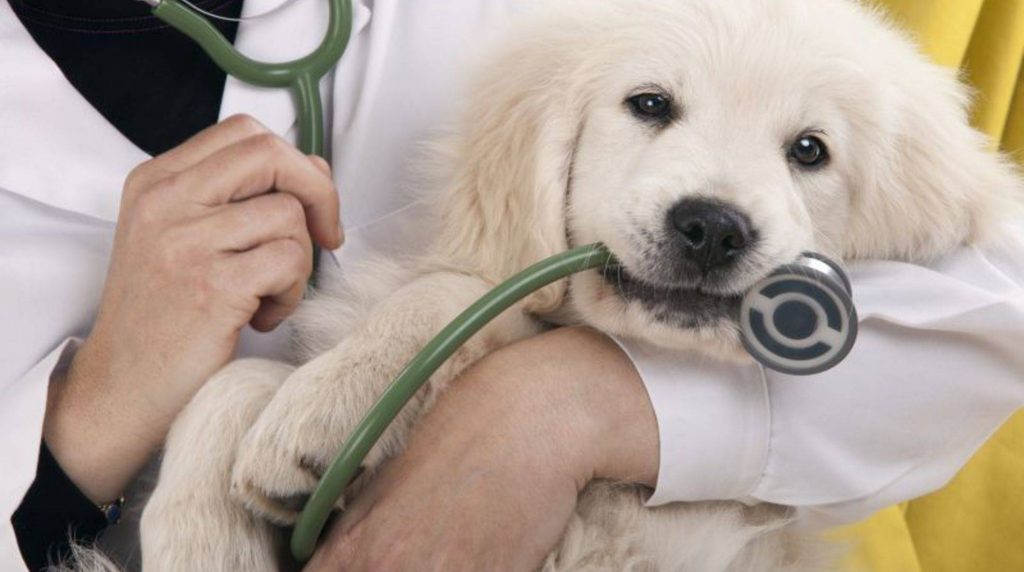If dogs are constantly tired, drink plenty of water, and lose weight, diabetes may be the cause. Therefore, a visit to the vet is unavoidable: he will make the diagnosis and initiate treatment so that your dog gets better quickly.

If diabetes is suspected, the veterinarian must first rule out other diseases. Therefore, he performs blood and urine tests to determine the causes of the symptoms. If the sugar levels in the blood and urine are high, your dog may be suffering from diabetes.
If the disease is more advanced, additional tests can help determine whether there are complications such as urinary tract infections or cataracts (a clouding of the eye’s lens). Of course, these are also taken into account during treatment.
Dogs with diabetes: treatment with insulin
On the one hand, dogs with diabetes are treated with a change in diet and, on the other hand, with medication. Typically, you’ll need to give your diabetic dog a daily insulin shot. Your vet will show you how to inject so you can do it at home.
He also determines the dose and the time interval between the medication administration, which is precisely tailored to your animal. The insulin injection is usually given after feeding. The amount of insulin depends, among other things, on the body weight of the animal but also on other factors, such as the degree of diabetes.
Dietary changes in dogs with diabetes
A balanced dog diet is also essential for dogs with diabetes. You should make sure that the dog food does not contain sugar and is low in carbohydrates. An increased raw fiber content ensures slower absorption of sugar from food into the blood and thus prevents excessive levels after feeding.
Obesity worsens the symptoms and is very unfavorable for the course of the disease. Healthy food, possibly also exceptional diet food, should be available to the dog in small meals and at regular intervals. Make sure that this always contains the same composition because then you do not have to adjust the insulin dosage again and again.
Fresh air and little stress for diabetic four-legged friends
A lot of exercises are suitable for dogs with diabetes and, at the same time, a healthy preventive measure against obesity. If your four-legged friend used to be lazy about moving, he now has to learn to take longer and regular walks.
Slowly get him used to it by gradually extending the walk. If you increase the pace and distance too much overnight, this could overwhelm your dog. And stress is poison for your diabetic four-legged friend: make sure that his daily routine is regular and calm so that he feels comfortable.
Bitches with diabetes should be neutered if possible, as the hormonal changes during heat can cause additional problems. Progesterone and growth hormone are elevated during this time and work in opposition to insulin, which can severely affect blood sugar levels.
Regular check-ups – at home and the vet
It is difficult at first to adjust to the disease, especially when diagnosing diabetes. Over time, you’ll learn when your dog’s blood sugar levels will rise, such as after eating or when he’s excited, and when they’ll fall again. It is best to keep a diary of your blood sugar level at first. In it, you write down your dog’s measured blood sugar value several times over the day.
The resulting blood sugar curve can be helpful, for example, when visiting the vet. The doctor can read directly whether his animal patient is getting enough insulin or whether the dose may need to be increased. Regular vet visits are essential with dogs with diabetes. Every five days at the beginning of the disease, then every few weeks, and later every three to six months. Their blood sugar level, general blood count, and general condition are checked so that your four-legged friend can live a long, happy life despite their dangerous metabolic disease.








